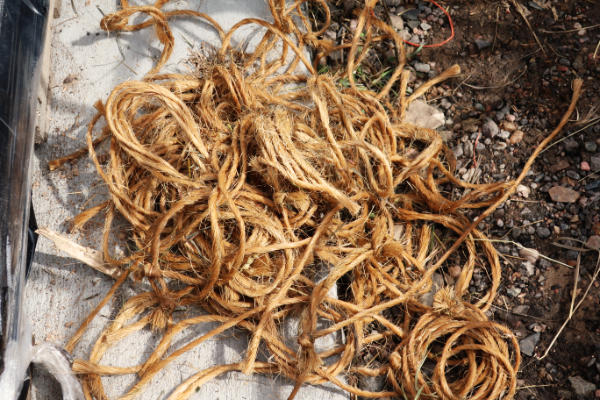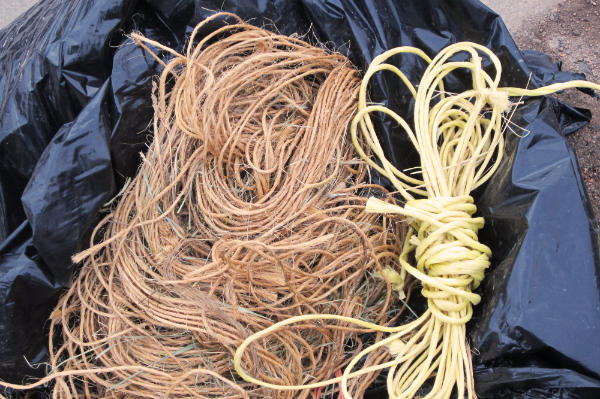Start Recycling Baling Twine: Next Steps
How Much Twine Do You Have?
We appreciate that you want to recycle your discarded baling twine. Please note the information below as your collection grows. Once there is a sufficient amount of twine collected in your community (this can include neighbors, local businesses, schools, etc.) you can contact us to discuss options for transporting the twine to a recycling facility.
A Small Amount
The images directly below show a small amount of twine that can be taken to a local collection site if there is one near you. Otherwise, keep saving it if you have space. If you do not have the space and there is no collection site nearby then please contact us so we can help to expand community involvement in the twine recycling. We have several years of experience working in a variety of communities.
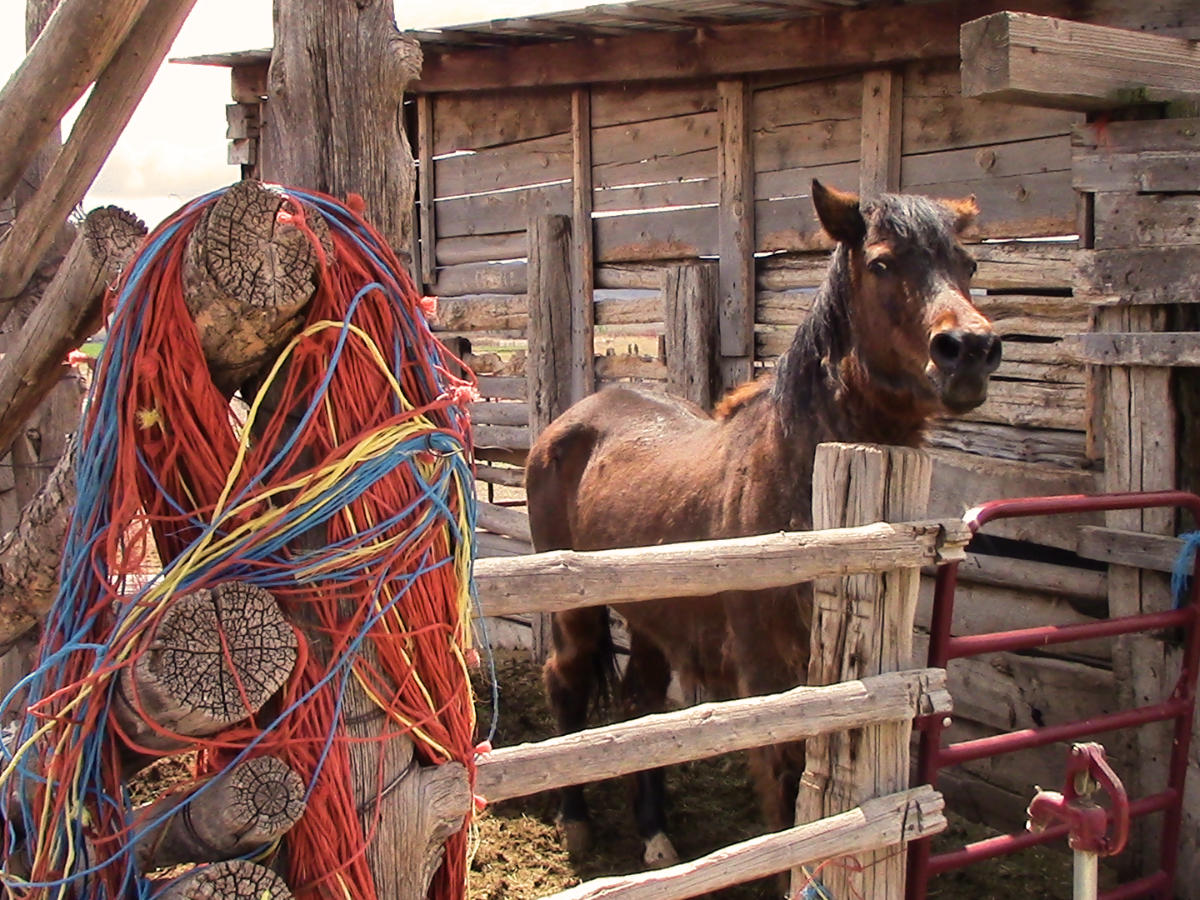
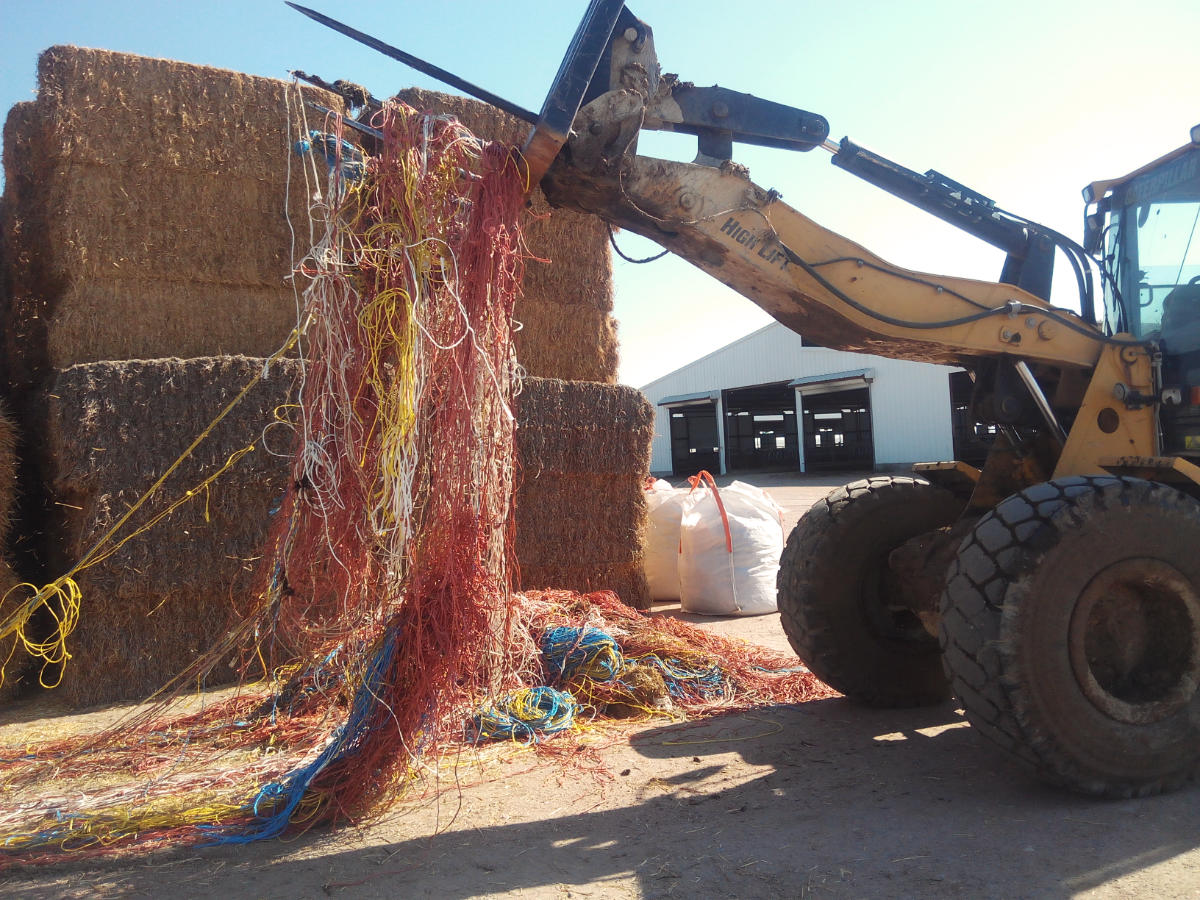
A Medium Amount
The images directly below show a medium amount of twine. Keep collecting and storing the twine if you have the space. Remember that all twine can be stored outdoors. If you have limited space contact us about possibly having a truck pick up your twine along with other batches in your general area.
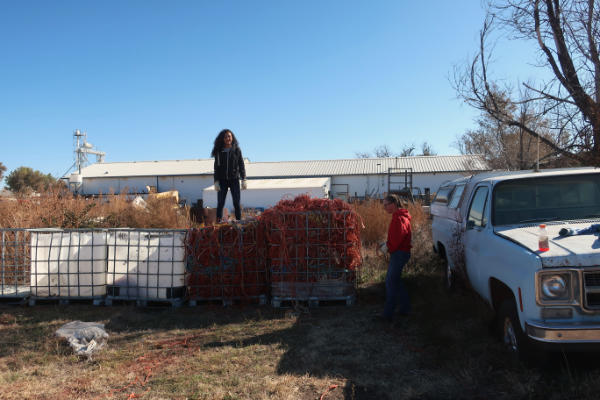
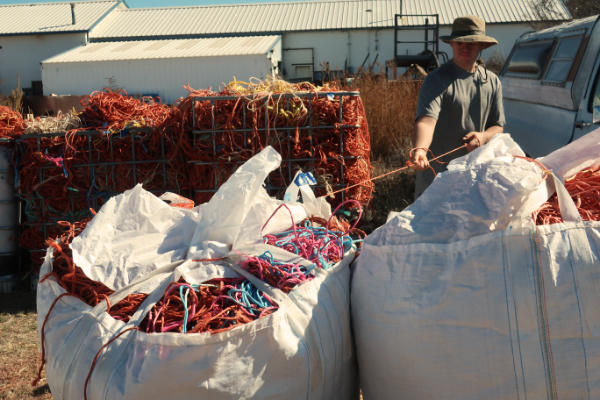
A Large Amount
The images directly below show a large amount of twine. Once you have collected this amount we can assist you with transport. We need to know if you have equipment to load it. A forklift or skid-steer loader and often some manpower are needed to load the twine into a semi-trailer. Contact us and we can help with solving any problems that come up.
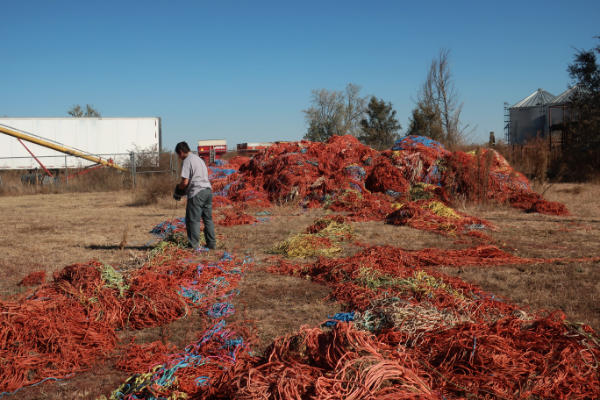
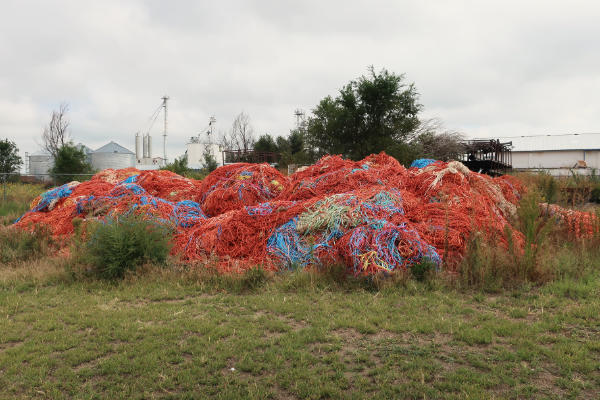
Is Your Twine Too Dirty?
Some twine is too dirty to be recycled. Twine that includes large amounts of corn stalks or net wrap cannot be accepted.
If the twine has been collected in a pile outdoors, it may need some sorting before going into sacks or a truck for transport. On many farms and ranches, over the years the pile of discarded twine is also a trash pile. So, sorting will involve simply removing any trash, chunks of hay, and chunks of mud or manure. In our years of sorting through twine collected at landowner drop-offs we have removed brand new hay hooks, shoes, manure, all kinds of trash, and a significant number of veterinary needles. Therefore, we suggest that everyone who will be collecting or sorting twine use heavy cowhide work gloves.
The images directly below show baling twine that is too dirty for us to recycle.
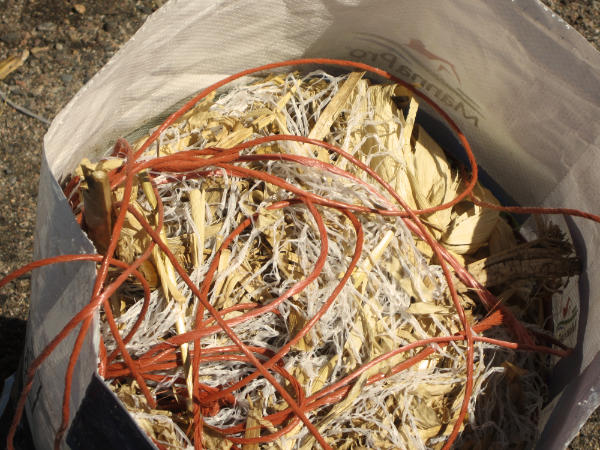
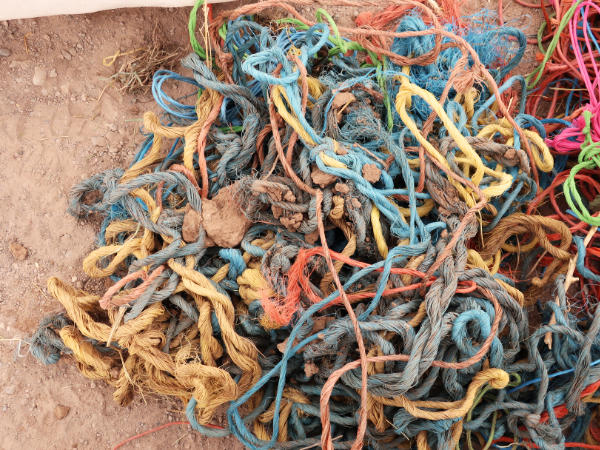
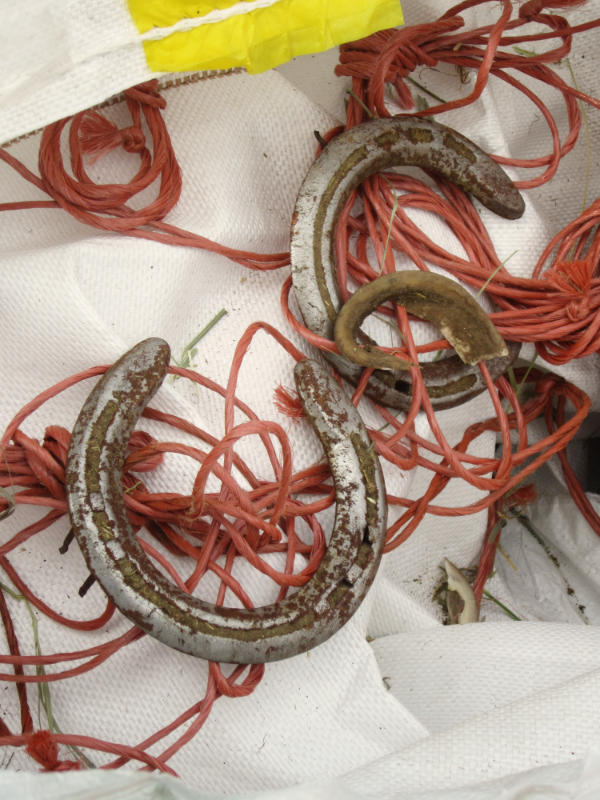
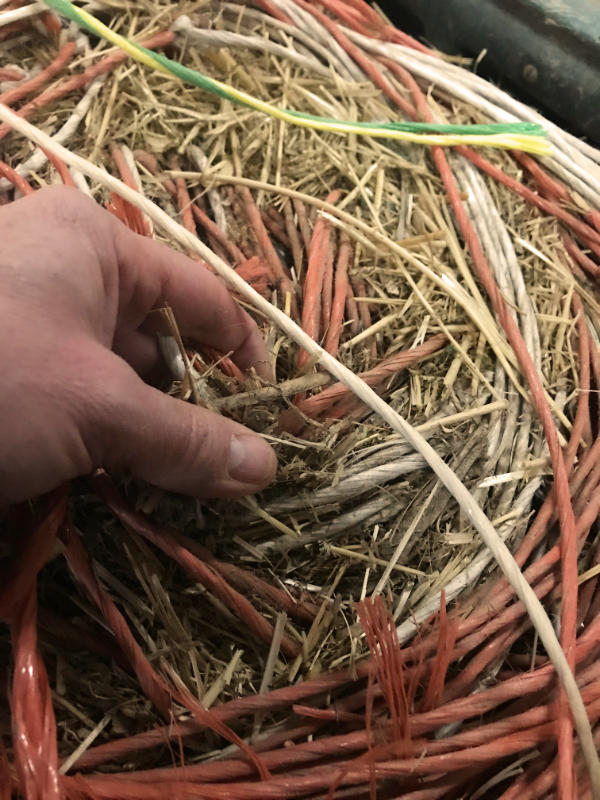
Is Your Twine Not Made of Polypropylene?
Sisal or jute twine is naturally biodegradable, so there is no need to recycle either.
